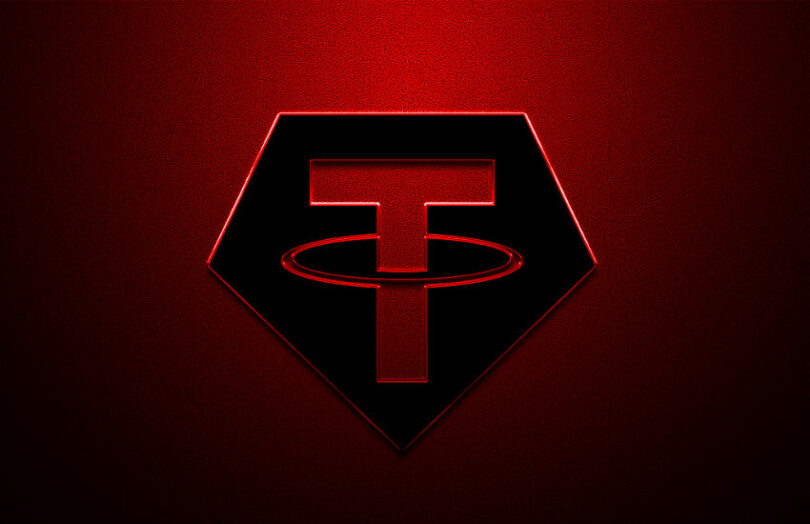Tether, the issuer of the world’s largest stablecoin, doesn’t like Europe’s MiCA regulations. Other stablecoin issuers are also not keen on the requirement to put a substantial proportion of reserves into bank accounts, as required by MiCAR. But they nonetheless comply. Tether isn’t willing to do so, and today it confirmed it is shutting down EURT, its Euro stablecoin. Users have a year to redeem the coin.
EURT has a market capitalization of €26 million compared to Tether’s USD stablecoin at $132 billion. To date Tether has operated offshore so it’s likely just not worth the work involved to become MiCAR compliant.
MiCAR requires 30% of reserves to be held in bank accounts, with 60% for larger stablecoins. Tether views this as risky compared to investing in Treasuries. Bank deposits also pay less than government bonds.
“Until a more risk-averse framework is in place — one that fosters innovation and offers the stability and protection our users deserve — we have chosen to prioritize other initiatives,” Tether said in a statement.
Tether is known for keeping most of its stablecoin reserves in high risk assets in the past. The company is also accident prone. Over time the quality has improved significantly, but over 15% of its reserves would be considered moderate to high risk.
Instead of becoming MiCAR compliant itself, Tether’s investment arm (with assets separate from the stablecoin) has invested in Quantoz, a company that plans to issue MiCAR compliant US dollar and euro stablecoins. Quantoz will also use Tether’s Hadron tokenization infrastructure.
What about USDT in Europe?
MiCAR came into force for stablecoins at the end of June, but much of the regulations only apply from year end, at which time enforcement actions become a possibility.
The regulations don’t just apply to Euro stablecoins, but other currencies as well. There are caps of €200 million in daily transactions for non euro coins. Given Tether’s USDT sometimes transacts around $100 billion in a day, one might think it would breach these limits.
However, the limits relate to everyday retail transactions. It excludes crypto transactions and all investment transactions and only applies where both the payer and the recipient are within the EU. We previously published a deeper dive into the limits.
Meanwhile, Paxos, the regulated stablecoin issuer has acquired a MiCAR compliant firm, Membrane Finance.






